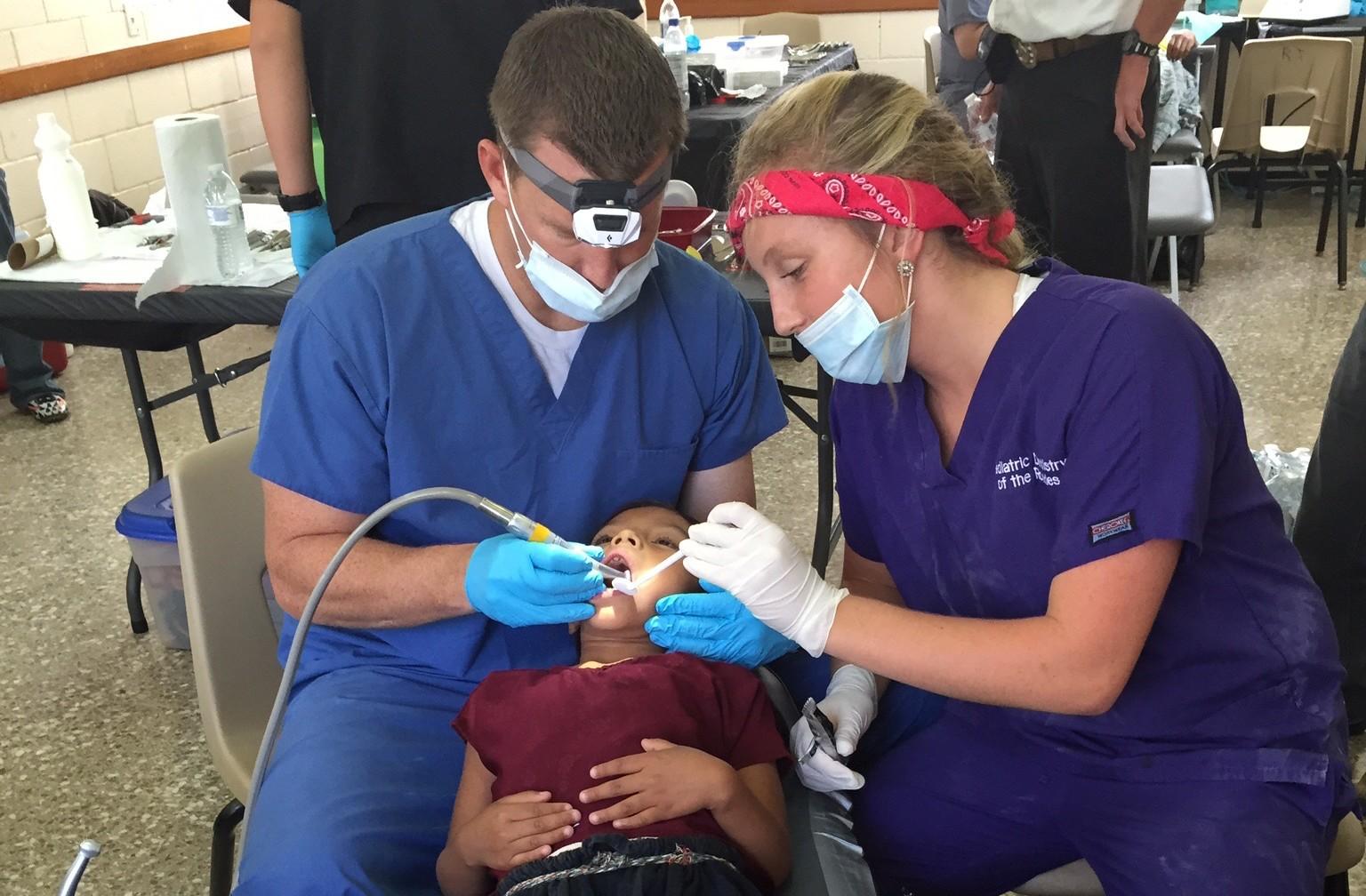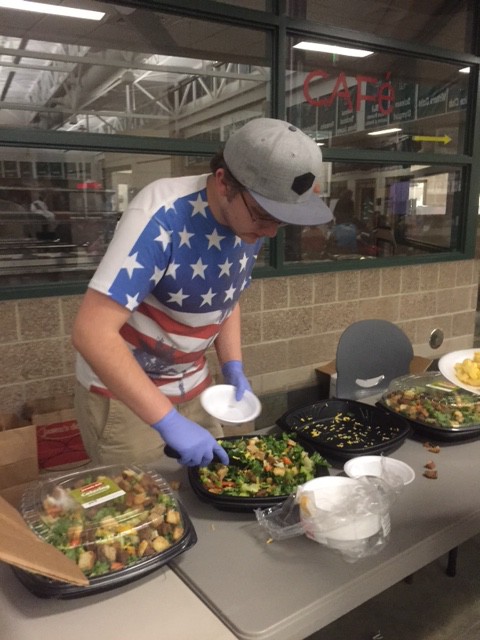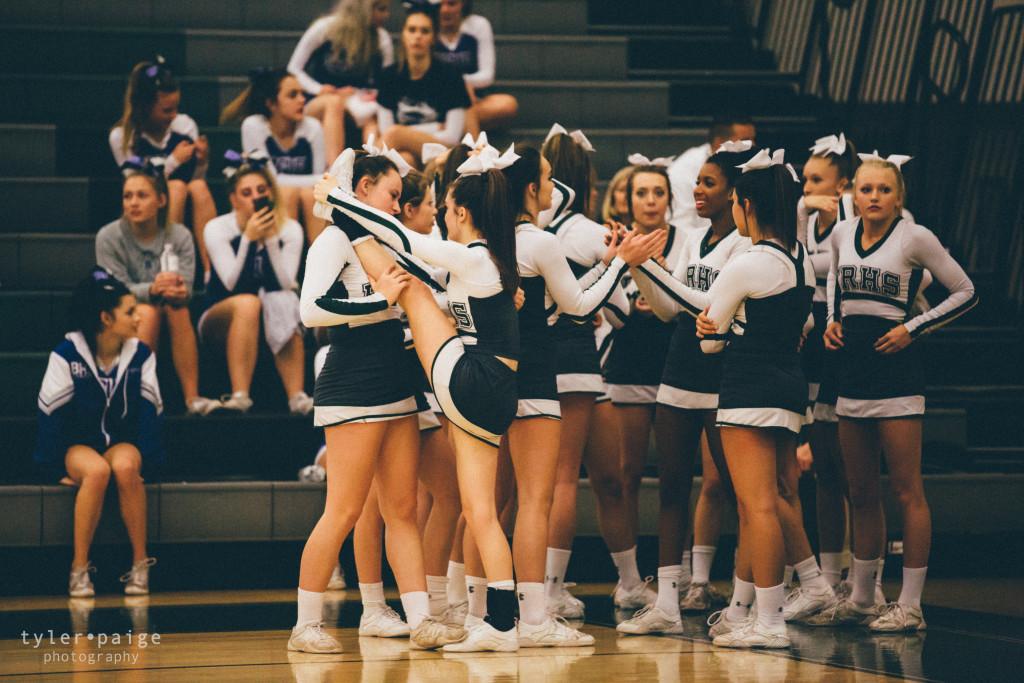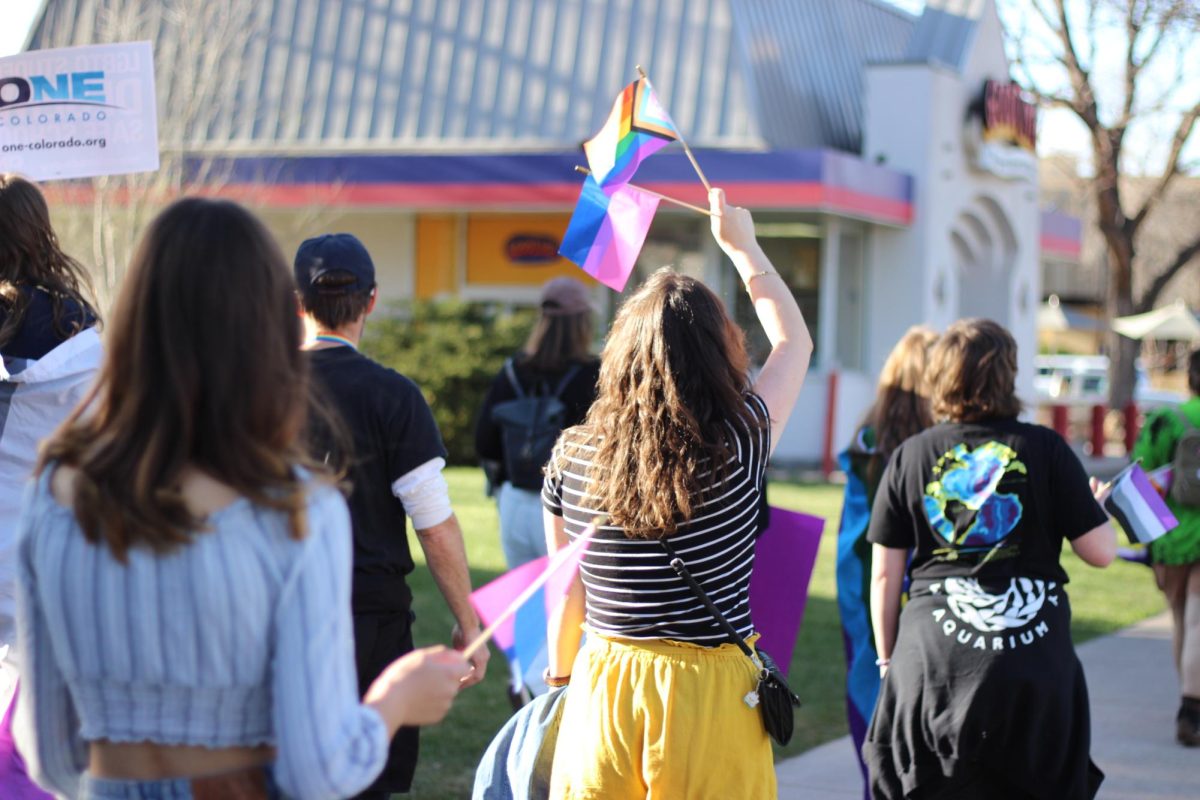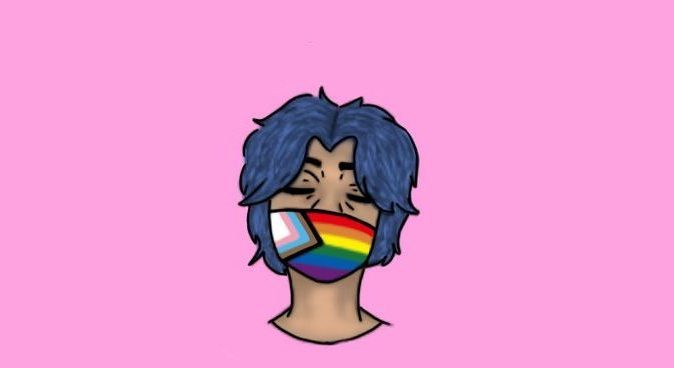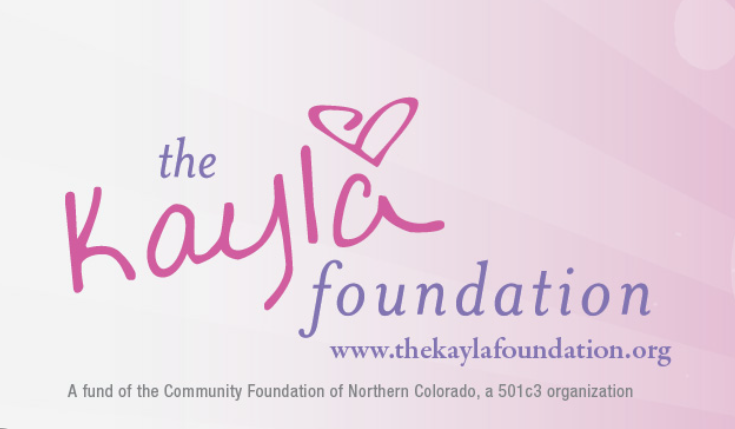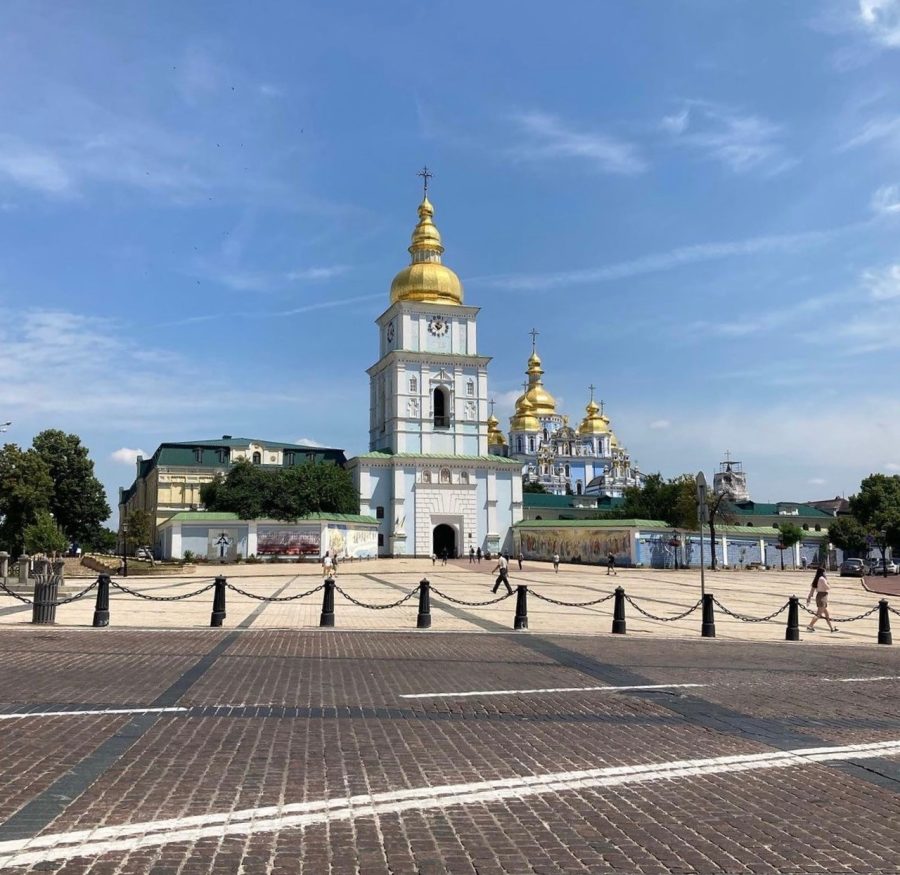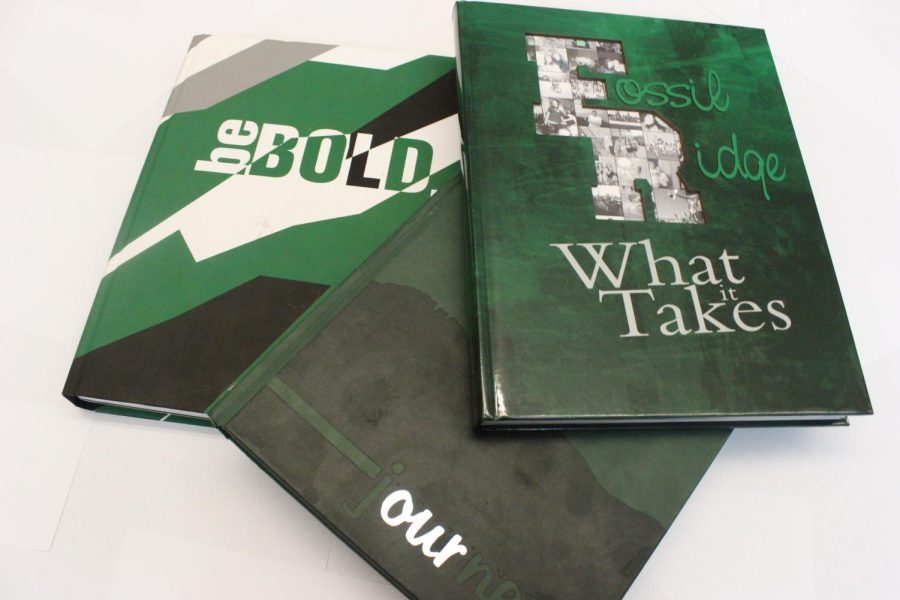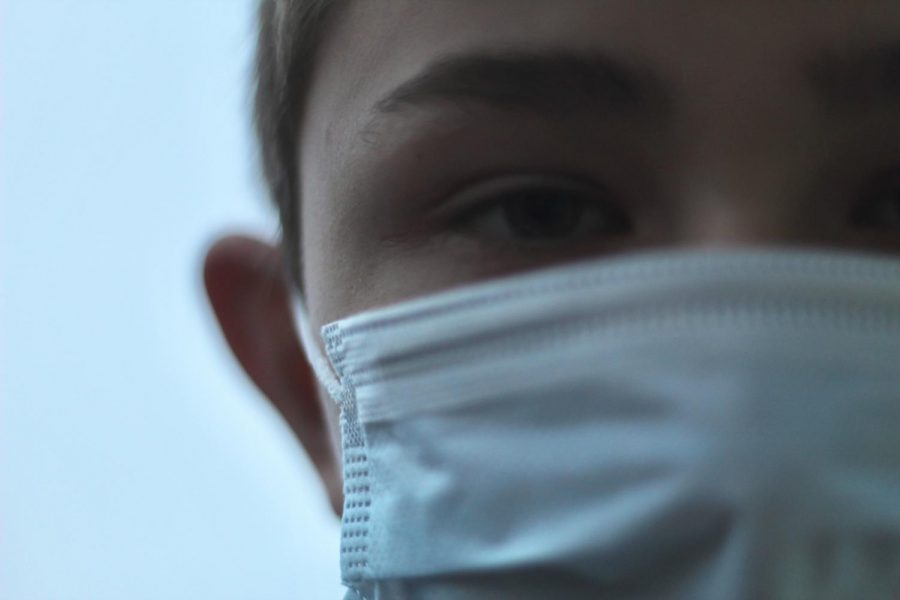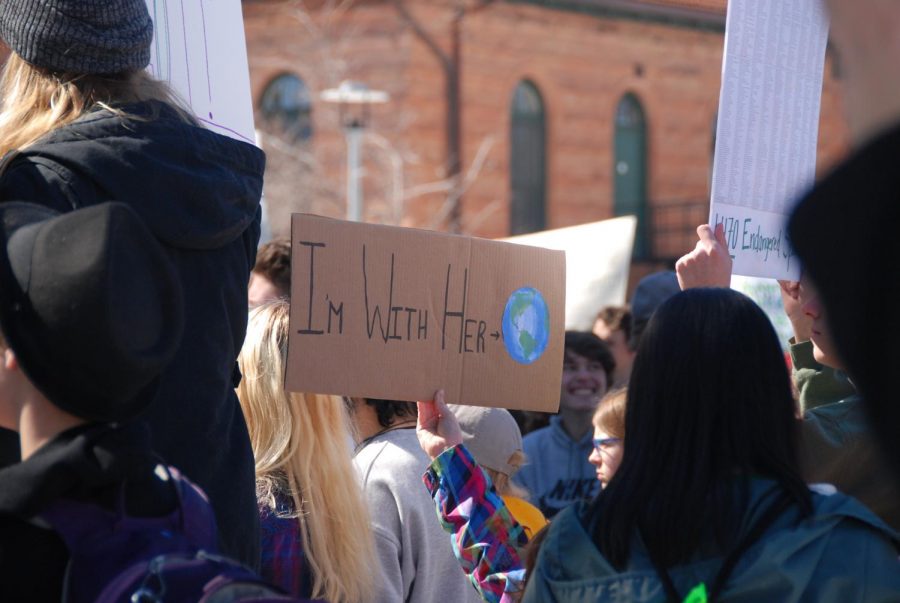Warning: Graphic Content.
[slideshow_deploy id=’10254′]
How often do you get your teeth checked? Two times a year? Three times a year? Only around thirty percent of people in Guatemala have received proper dental care throughout their life. Of all the hardships 3rd world countries have, dentistry and clean, healthy teeth are not usually considered a priority. After all, what’s so wrong with having bad teeth? A bad mouth means bad hygiene, and bad eating habits and an unhealthy lifestyle which leads to other significant problems.
In poorer countries such as Guatemala, having nice, straight, clean teeth is not important. They don’t care about having perfect teeth because it is one of the least of their concerns, and not an affordable necessity. However, because they don’t have the ability to care for their teeth, they are in a lot of pain. This pain causes infections, cysts, and sores covering their mouths-which result in miserable day to day living.
Most of these Guatemalans have very hard lives. The typical lifestyle for these people is surrounded on the growth and production of corn. Each family has just enough to get by. They have a piece of land to grow crops like corn, as well as enough space to build a small home for their immediate and extended families. In the smaller towns, the people do not sell their crops. They plant just enough to feed their family each day. That is why they cannot and are not able to take care of their health needs.
Over the past ten years, a group of dentists from Colorado have gone down to Guatemala to help fix this situation. After gathering all the supplies needed for extractions and fillings, these dentists set out for a week long service trip. In the past these dentists have helped many of the same cities and villages. This year was different. We went to a place that had never received dental care. Saying the teeth were bad is an understatement. As the dentists triaged each mouth we found horrible conditions. They had rotten shattered teeth, as well as infected teeth and so much worse. No wonder they were in so much pain!
One small village in particular near San Pedro de Carcha was in great need. As we arrived in this village,we got right to work, as lines of villagers were waiting to be helped by the “american dentists”. There was so much to do, and not nearly enough time. It was exhausting trying to meet each of their needs. Each patient took over thirty minutes to fully correct and clean up their mouths. But mostly it was exhilarating, and fulfilling to be a part of such an awesome team of dentists. We were really making a difference, and it felt so good!
Even though these people seemed to have so little resources and materials, these Guatemalans were the happiest people I’ve met in the world, and I feel grateful to have been a part of helping them. After we finished taking care of almost all their teeth, every one of them would sit up and thank us for everything we had done for them. I have never had a person thank me for ripping out their teeth before.
Along the way we hit some bumps and challenges. One major challenge was the language the natives spoke. Around Guatemala, there are many different groups of people that each speak a different language. In this village, the people speak Quecchi. This is a very different language then both Spanish and English. This created a bit of a gap between the patients and our dental team. As each patient would come, we would have to have someone translate for us so we could understand the people. The translation process would go from English to Spanish to Quecchi.
It ended up being a really neat experience though, and by the end of the week we were able to speak some native phrases. We learned that “de la que” means open your mouth while “op la que” means close your mouth. We also were able to say “Ha roo la chapl” which means what is your name. We were able to understand their culture a little better by learning their language. It was awesome! It was also neat to see the numbers, and realize that each day we saw at least 200 people ranging from age 2 to 80. Not only were we able to help get rid of the pain by extracting their teeth, we were also able to restore and fix teeth so these people would still be able to use their mouths and live a more comfortable life.
The best part of all, was after finishing with each patient, every one of them would thank us for all we had done. With all the gratitude and cheerfulness flowing from the Guatemalans, I loved becoming friends with these people. Mostly they taught me that you can be happy in any situation.


